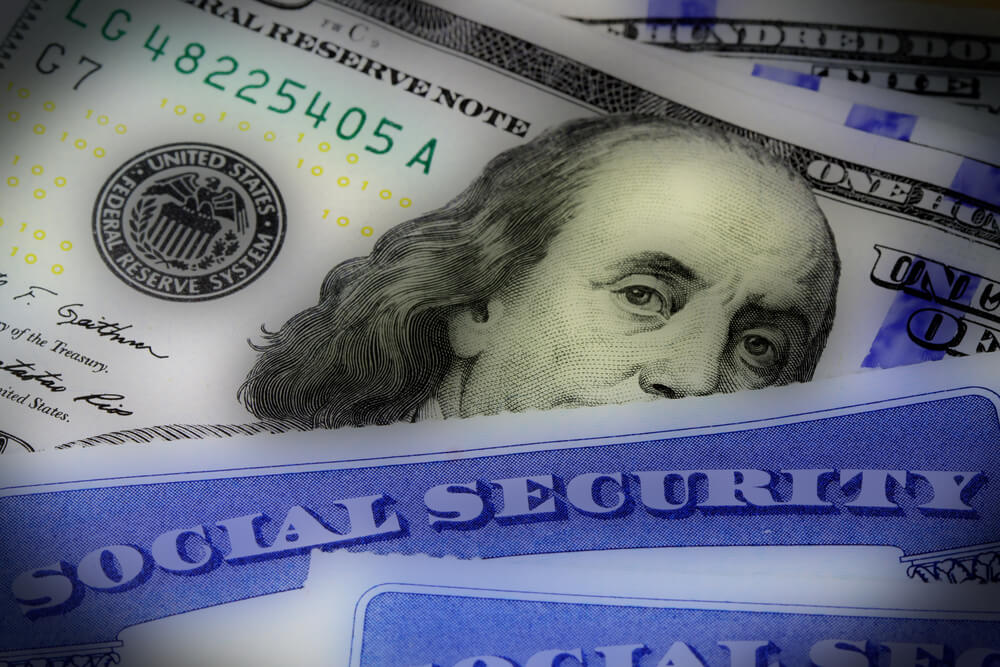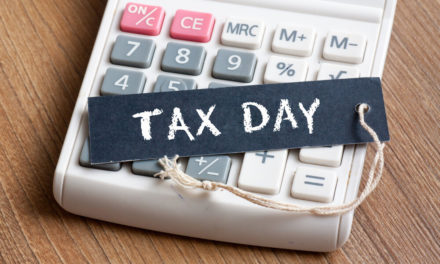Some would say Social Security’s funding is in crisis, and National Committee to Preserve Social Security and Medicare CEO Max Richtman thinks it’s time for wealthier Americans to contribute more.
In his latest piece for his own organization, Richtman noted how Wednesday, Feb. 19 marks the exact day each year that anyone making $1 million or more stop having to contribute to Social Security. That’s because the benefits program doesn’t collect any taxes on wages over $137,700 every year, which means any millionaires effective tax rate for Social Security is only 0.8%.
That’s crazy considering that the effective tax rate of someone earning $50,000 is over six times that at 6.2%.
“The burden of Social Security taxes falls more heavily on those who make less,” said the Center for Economic Policy Research.
Patriotic Millionaires chair Morris Pearl is one of those wealthy Americans that sees the problem, and he points out a fact that many more fortunate individuals may not realize.
“Normal Americans pay Social Security tax on every cent of income they earn throughout their entire lives.”
Wealth inequality is part of the cause, per Richtman:
In decades past, more than 90% of Americans fell below the wage cap. But thanks to growing income inequality, today only about 80% of people earn below the $137,700 limit.
That means that the Social Security Administration is missing out on taxing around $2 trillion in annual wages because the wealth cap is so low. And Richtman says “we could go a long way toward closing the program’s funding gap by adjusting the payroll wage cap so that the wealthy contribute their fair share.”
Social Security is in danger of becoming insolvent in 2035 if no action is taken to fix the funding issue. The program will always pay out benefits, but those benefits would be reduced to 80% if it becomes insolvent.
And those cuts could be detrimental to less fortunate Americans who will rely more heavily on Social Security in retirement. Richtman points out that the SSA has found that 50% of married couples and 70% of individuals are relying on their Social Security checks for at least half of their income in retirement. Any cuts or reductions to those benefits means saving for retirement is becoming harder and harder.
Richtman thinks it isn’t too much to ask the wealthier earners to contribute more, and in turn they would actually get a boost to their own Social Security benefits every month.
Isn’t it fairer to ask those on the opposite end of the income spectrum to contribute more? In exchange, they would receive higher benefits (subject, of course, to Social Security’s progressive formula which replaces a higher percentage of income for lower wage earners).
Some bills have been introduced in Congress that would tackle this issue, including the Sen. Bernie Sanders’ Social Security Expansion Act and Rep. John Larson’s Social Security 2100 Act. Both would seek to tax incomes above $250,000 and $400,000 respectively, along with other provisions that Richtman believes would “keep the program financially healthy for most of the rest of this century.”
There’s no telling if any of these bills will be made into law, but there are obviously some big issues facing Social Security’s future.
• You can find all of the latest and most important news about Social Security here on Money and Markets.
For our friends: Anyone who wants to grow and protect their money in retirement needs to hear this. For the first time publicly, Bill O’Reilly comes clean about what happened to his money.




